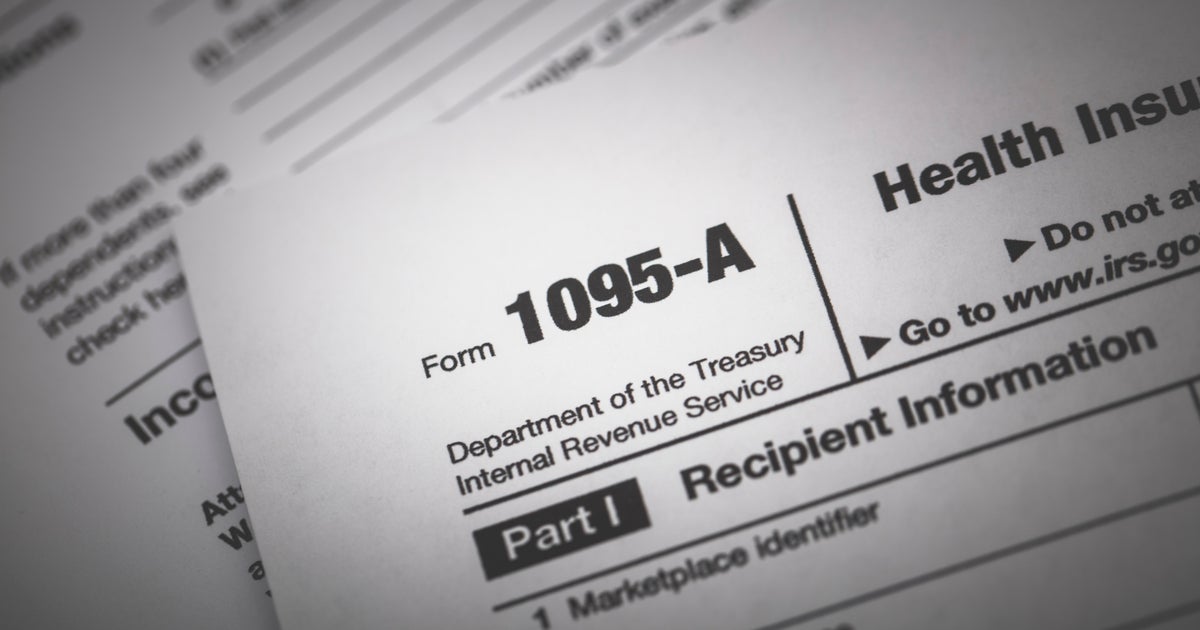Federal employees working without pay can sue
Jeffery Davis got married on Dec. 28 in the city hall of Cambridge, Massachusetts, and took a few days off work to spend time with his wife. The 35-year-old air traffic controller was back at his job the following week. The federal employee has yet to see a paycheck.
"I have my two car payments, I was just newly wed, I have three kids to care for, and child support and alimony to pay to my ex-wife. There's a lot of things that I'm responsible for, and a lot of people who I'm responsible for," Davis said. "Going to work day in and day out, the last thing I should worry about is where my paycheck will come from."
For federal workers like Davis, whose jobs are deemed essential to public safety, sitting work out isn't an option -- even when there's no paycheck. Davis can use a sick day if he feels unwell, but "we can't just say, 'OK, we can't come to work,'" he said, emphasizing that he was speaking as a private citizen and his views were his own.
Unlike private-sector employees, federal workers are legally barred from going on strike. And while they can call their elected representatives and ask them to intervene to end the shutdown, many are loath to do so too loudly for fear of being seen as partisan, which is also against the law, said Susan Schurman, a distinguished professor at Rutgers School of Management and Labor Relations.
But now that the shutdown is entering its 20th day, and paychecks are set to go out by the end of the week, the 420,000 still-active federal workers who receive pay of zero will have another option: Sue the government.
At least two federal employee unions, AFGE and NTEU, have filed suits on behalf of workers who haven't been paid during the shutdown. AFGE sued on Dec. 31, on behalf of two Bureau of Prisons workers who weren't paid for working the first day of the shutdown. NTEU sued on Tuesday, on behalf of a Border Patrol officer.
Heidi Burakiewicz, the lead attorney for the plaintiffs in the first lawsuit, said she anticipates thousands more once the Jan. 11 payday passes and hundreds of thousands of people who worked the preceding two weeks aren't paid.
"Anyone, as long as they are covered by the Fair Labor Standards Act, can join," she said, adding that she has received "overwhelming" calls and emails from federal workers wanting to join. "It's not acceptable for any employer to treat people like this, and it's certainly not acceptable for the United States to treat the federal workforce like this," she said.
Successful lawsuit
And if history is any guide, the workers have a case. Burakiewicz brought a similar suit after the 2013 federal government shutdown and won. The court ruled that the government broke minimum-wage and overtime laws by not paying people immediately after their work. (Burakiwicz said the government is currently calculating the damages for the 25,000 workers who joined that suit, but could not provide an estimate of the amount.)
The Trump administration has until early March to respond to the suit, she said.
Those damages are separate from the back pay the workers received, which isn't guaranteed in any shutdown, although Congress has historically given workers their back pay after shutdowns end. Damages are just that -- a penalty for employers who break the law, said Dan Meyer, a partner at law firm Tully Rinckey and a former federal investigator.
"If you, as an employer, break the law, you're liable for damages," Meyer said. "If it was Home Depot doing it, it would be the same -- it's a penalty for not having the money to give to their employees at the time it was due."
Air-traffic controller Davis said he hadn't heard of the lawsuits and seemed hesitant to support one. For now, he has started a GoFundMe campaign, on the advice of his parents, that has raised about $775. He asked to delay payments for one of the cars his family uses, so far unsuccessfully. He plans to try again using a sample letter the government provided but said, "I have a feeling the answer's still going to be 'no.'"



